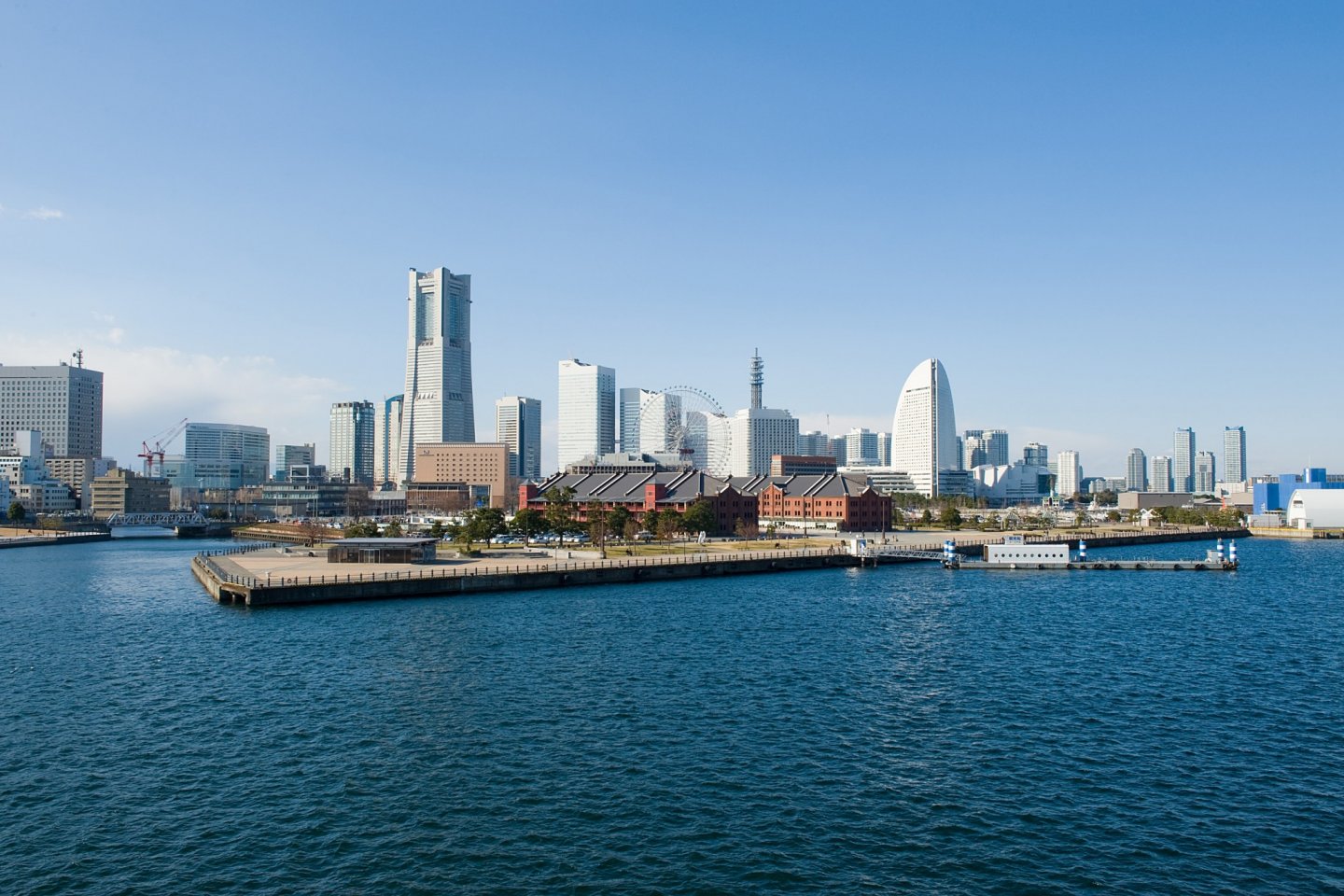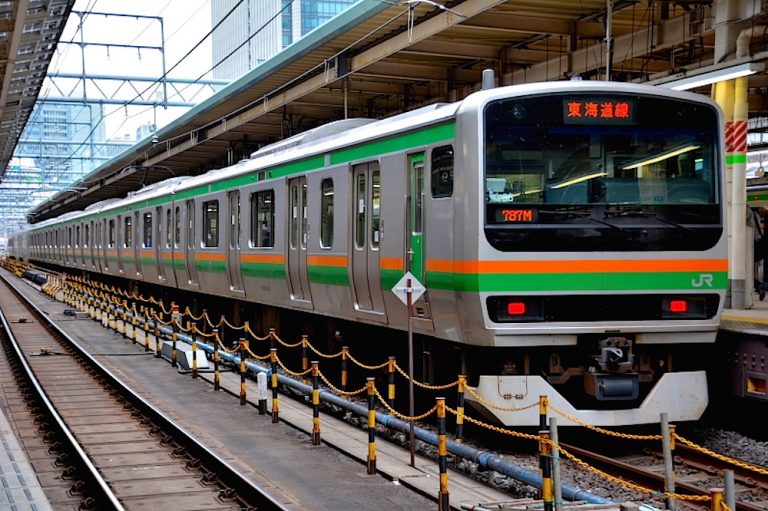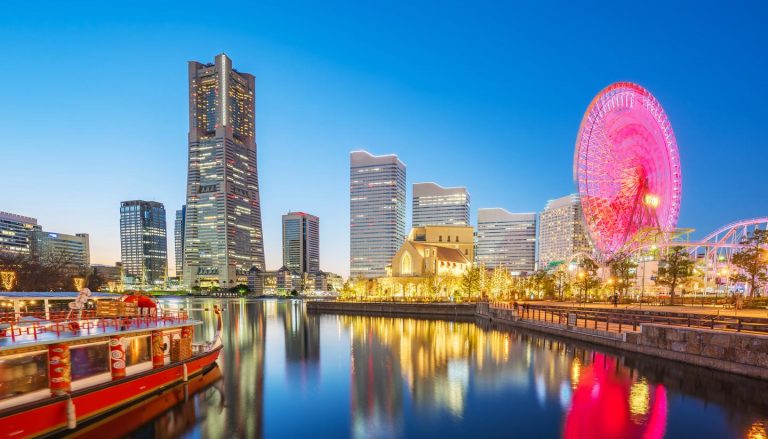Interested in visiting Yokohama, Japan?
With countless tourist attractions, lovely sights and a cosmopolitan atmosphere, Yokohama is a great travel destination for anyone who would want to experience the Japanese way of living.
Just like with any new exotic destination, beware of some regulations and tips to make your stay in Yokohama as pleasant as possible.
Security and safety issues
There is a low threat of terrorist, political or social unrest within the confines of Japan, with the crime rate been very-low compared to other developed countries.
However, there is a zero tolerance policy regarding illegal drugs, either of consumption or possession. DO NOT CARRY OR CONSUME ILLEGAL DRUGS under any circumstance.
Be aware that Japan does not support the International child custody policy of the Hague Convention, and most likely, Japanese Family Law is not closely comparable with other western counterparts.
Furthermore, to be taken under custody within the grounds of any affiliation toward a crime, the suspect can be detained for 23 days, without being formally charged and bail is seldom granted for foreigners.
You need to have a valid visa, passports, and other required documents with you, when traveling Yokohama. Travel insurance is highly recommended, with medical treatment of any kind, requiring a full payment afterwards.
Although it is safe to walk at night, use precaution and avoid areas that are not so secure. Overall you’ll notice that Japan is a very safe country, so your experience will most likely be a positive one.
Natural Disasters
As Japan has a high statistical rate of earthquake and tremors, as well as typhoons, and depending on varying factors, Tsunamis, look for the weather predictions and also try to find out what the main emergency / evacuation procedures are.
Evacuation areas are most likely to be schools and open grounds, but, again, familiarize yourself with the procedures.
Etiquette

Japanese society is extremely strict when it comes to etiquette and social hierarchy. It is not expected from you to know all the technicalities, but, even as travelers, try to understand how social customs work.
You will be treated with the utmost respect, but knowing and obeying their local customs would allow you to repay their kindness and hospitality.
Greeting

To greet someone, bowing from the waist is the norm. The degree to which to bow, depends on how respected and what social level that person is. For example, you would bow deeper for your employer then to your work colleagues.
Table etiquette
Primarily, you allow the host, unless asked to start the meal. Do not drag the dish you wish to eat, merely take it at an angle with your chopstick, (do not poke), and always decide what you would like to take, prior to the outward movement.
Space
Personal space is a very important aspect of an individual in Japan. Although in circumstances such as a crowded subway train, it cannot be helped. However, when bowing or greeting, it is necessary to be at least a 3-4 feet away.
Allocating personal space is important, such as sitting on the train, you seat is the allocated area of the place you sit in. Speaking loudly, especially on the train or public transport is, in particular a answering your mobile phone, and speaking loudly is a taboo.
General Yokohama Travel Advice and Tips:
If you intend to travel to Yokohama, Japan, it is important to plan your trip, with regards to public transport, in particular the train, it is unnecessary to wait or presume that is it going to be late, unless other information states otherwise. Public transport is reliable to the minute of departure and arrival.
Photocopying important information and safe-keeping the originals in another location, allows for precautions to be made, in the case of theft or other situations.
The internet in Japan is very reliable; gathering information such as the train timetables, weather, or any kind of travel information is kept up to date by the minute.
Prior to the trip, it is important that you become familiar with the standards and guidelines depicted in the national foreign affairs department website, of your affiliated country.




